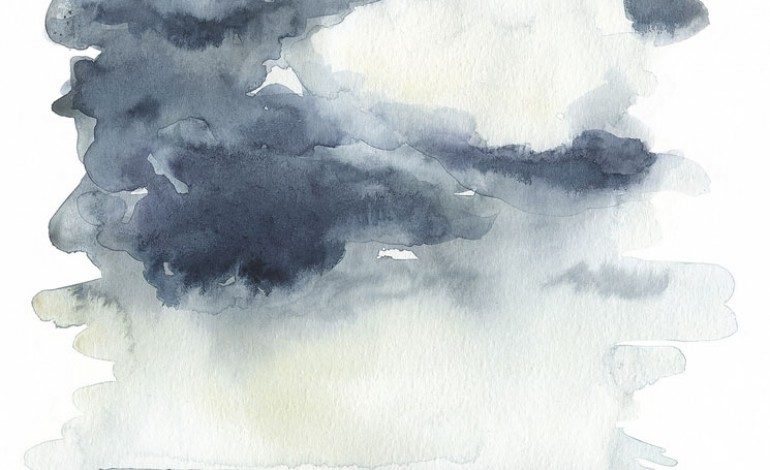

At His Most Deep
Canadian singer/songwriter Joshua Hyslop’s sophomore album, In Deepest Blue does not disappoint. Written in both Nashville and Canada, the record feels like the artist’s own personal diary—a collection of his innermost thoughts and feelings set to music. Hyslop said, “I want people to listen to In Deepest Blue from beginning to end. If they do engage with it, I think optimism will be the one thing they’ll feel. Whatever that looks like. I think they’ll find their own personal meaning though. Beyond all the chaos, you find the deepest blue. It’s the calmness we all have. It’s the hope inside.”
Hyslop is not a typical artist; he gets to know fans on a more personal level. The venues he performs at are not always the biggest—including a number of house shows where he not only plays his music, but also shares a meal and good conversation. He becomes more of a friend, which in turn, makes his music even more approachable and intriguing.
Even though some songs may not necessarily be about positive topics, Hyslop is still able to present them in such a soothing way that by the end of the album the listener will believe everything is going to be all right. Instrumentation is kept to a minimum, allowing for a harmonious blend of the melody and Hyslop’s voice.
“Let it Go,” the album’s first single, is about letting go of regrets. “And I open my eyes / And I don’t know why, / But I feel so old. / You don’t know what you’ve got / But you’ve got to let it go.” Hyslop tenderly repeats the title of the track throughout the song, almost coaxing listeners to do the same with their regrets and “let it go.” Elsewhere, “Gone” is an expressive song about living to the fullest, because life is short and one day we will all eventually be gone. The idea of inevitable death may seem gloomy, but the song itself is spirited and, ironically, full of life.
Lines like “I know all the things I’ve said / Won’t compare with what I’ve done” and “It’s taking all my time to realize / I’m not the man I hoped to be” (from “Everything Unsaid”) show that Hyslop is looking back on not living up to his own potential. However he does not come across as regretful in “Everything Unsaid,” but instead reflective. Another track, “Last Train Home” has a similar contemplative feel, yet seems more directly in reference to a relationship. “I have questioned in the morning. / I have lay awake at night. / I have begged for your forgiveness to avoid a fight. / I have held on to my anger, / Watched the sun set on my pride.” As the song continues, Hyslop sings “you’re not on your own,” reminding that person that no matter how many times there is doubt or anger, he will always be there.
Overall, In Deepest Blue is an album of well-crafted, feel-good songs with smooth, comforting melodies. Hyslop’s unique but warm way of reaching his fans only enhances the already-intimate feel of these 12-songs. He presents himself as a friend giving advice or telling a story, as opposed to a mass-produced artist with stereotypical lyrics and predictable songs. And while the songs are not necessarily about happy topics, Hyslop has a way of finding the silver lining and letting it shine through on each song—even when he isn’t singing at all.
